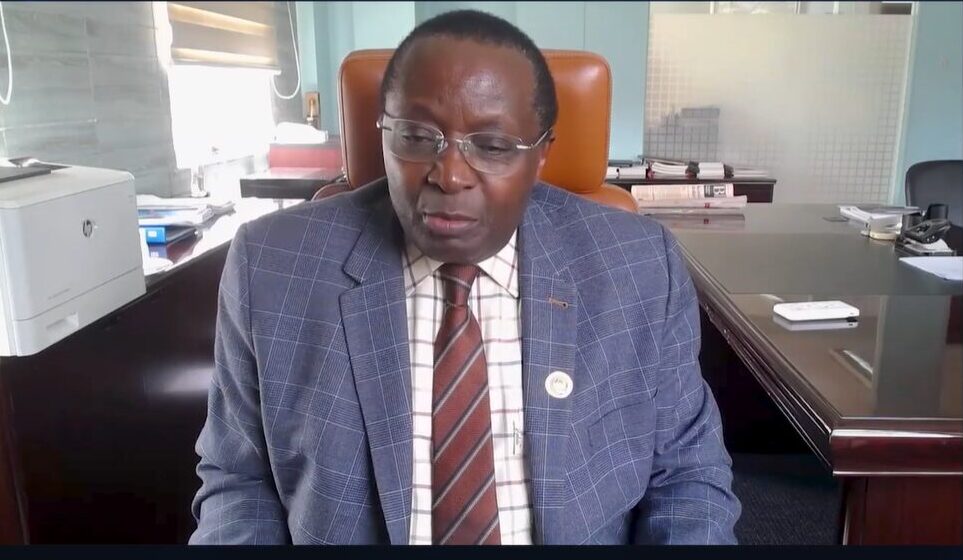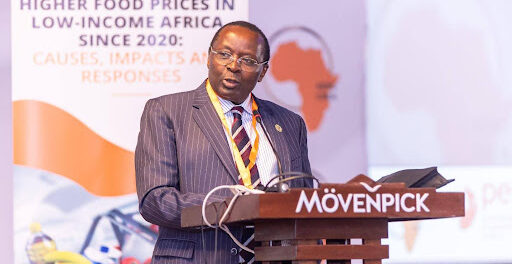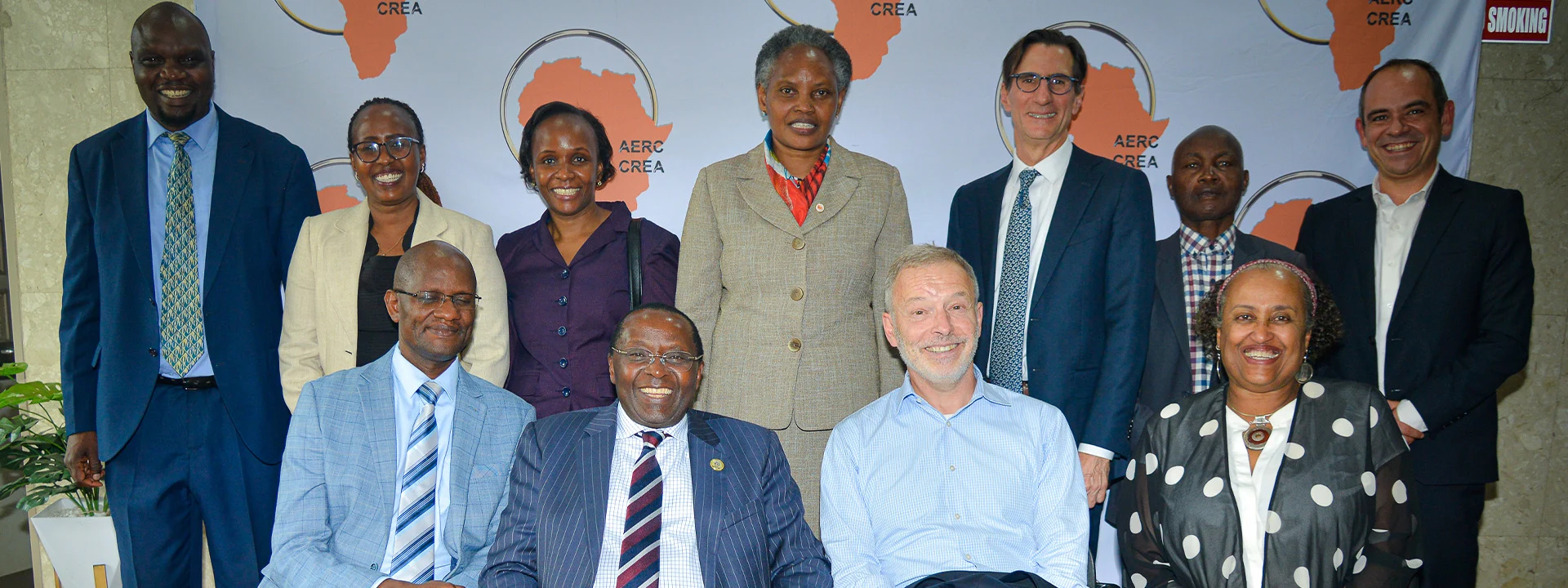

Enhancing technical capacity of macrofiscal policymaking institutions using machine learning (ML) techniques in Ethiopia
August 19, 2025African Economic Research Consortium (AERC), in collaboration with the Ministry of Finance, Ethiopia, and the Gates Foundation, held a technical training workshop on ‘Unlocking the Potential of Machine Learning for Macroeconomic Policy’ from 11 – 15 August 2025, at the Radisson Blu Hotel, Addis Ababa, Ethiopia. This timely workshop comes at the forefront of the adoption and use of new technological innovations of macroeconomic modelling, policy analysis and forecasting in Ethiopia and Africa. The training is part of the activities of the ‘Embedded Support for Ministries of Finance in Kenya and Ethiopia’ project that is being implemented by AERC under funding from the Gates Foundation. The 32 participants come from the Ministry of Finance (MOF), the Ministry of Planning and Development (MOPD), the Ministry of Revenues and Customs Authority (MRCA), the National Bank of Ethiopia (NBE), and the Ethiopian Capital Markets Authority (ECMA).
The opening session of the training was graced by Prof. Abebe Shimeles, Senior Economic Advisor of the Ministry of Finance, Ethiopia, and gave the welcome remarks on behalf of Dr. Eyob Tekalign Tolina, State Minister, Ministry of Finance. He emphasized the importance of the workshop in Ethiopia in the essence of capacity building and enhancing the capability of the institutions in machine learning to strengthen macroeconomic policy analysis. The keynote speaker, Dr. Stephen Karingi, Director of Research, Director, Macroeconomics, Finance and Governance Division, United Nations Economic Commission for Africa (UNECA) gave insights into the development and applications of machine learning on macroeconomic forecasting, fiscal policy, trade in various countries in Africa, their strengths and limitations as well as the future of AI in the development trajectory in the continent. Dr. Abbi Kedir, Director of Research, gave opening remarks and welcomed all participants to the workshop. In his speech, he recognized the support from the Ministry of Finance in Ethiopia in preparation for the workshop and the Gates Foundation for funding the activities. The opening session was chaired by Dr. Scholastica Odhiambo, Manager of Research, AERC. The facilitator for the training is Prof. Sourafel Girma, Professor of Industrial Economics, School of Economics, University of Nottingham, UK.
The premise of the technical workshop is that, in the face of complex, high-frequency, and voluminous economic data, macroeconomic policymakers increasingly require analytical tools that go beyond conventional econometric techniques. Machine learning (ML) offers a transformative approach to economic forecasting, macroeconomic modelling, policy evaluation, and decision-making, capable of capturing non-linear relationships and leveraging large datasets. ML does not replace existing econometric and statistical approaches but complements them. The workshop highlighted the importance of understanding what ML is/does and what it is not/does not do.
The five-day intensive technical workshop was aimed at equipping professionals in key macro-fiscal policy institutions—including central banks, ministries of finance, planning commissions, revenue authorities, capital market agencies, and regulatory authorities—with the conceptual foundations and practical skills to apply ML alongside traditional econometrics for more responsive, evidence-based macroeconomic management and execution of policy reforms. The convenor demonstrated real-world data applications using Python, and practical exercises were provided to help participants apply machine learning techniques to existing datasets and enhance their understanding.
Indeed, while traditional econometric methods remain critical for causal inference and theoretical validation, ML offers complementary strengths in prediction, nowcasting, and data-driven insight generation. Bridging these approaches can significantly enhance the analytical capacity of macro-fiscal institutions—yet there remains a substantial knowledge and skills gap among practitioners.
In summary, this capacity-building workshop marks a critical step in modernising Africa’s macroeconomic policy ecosystem by equipping key macro-fiscal institutions with advanced machine learning (ML) and macroeconomic forecasting and prediction skills. This training strengthens institutional readiness to:
- Harness big data and AI for macroeconomic forecasting, fiscal policy analysis, and trade modelling.
- Improve predictive power in volatile and rapidly changing economic environments.
- Integrate AI/ML techniques with existing macroeconomic analysis toolbox in Africa.
- Support the design and implementation of more adaptive, data-driven decisions and policy reforms.






